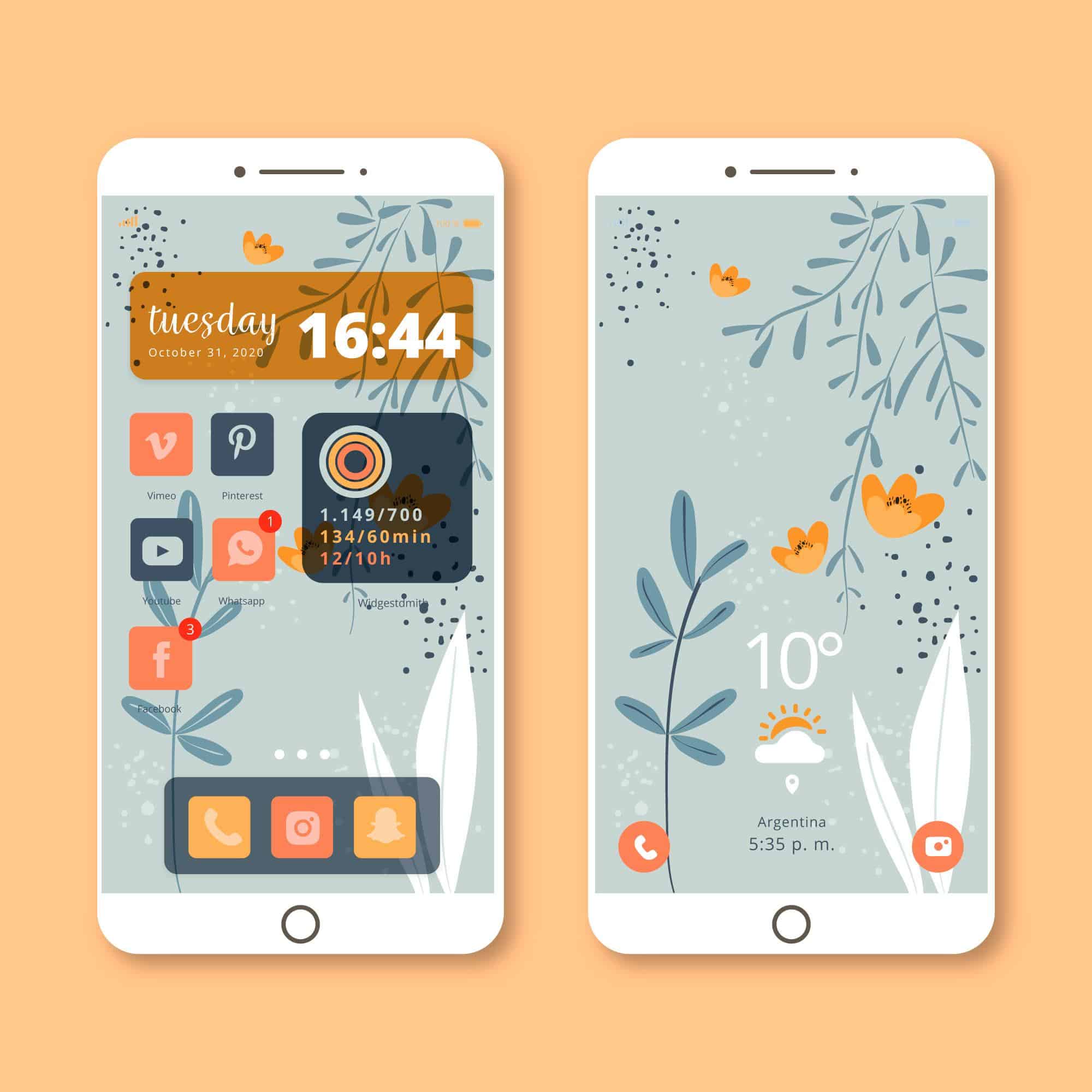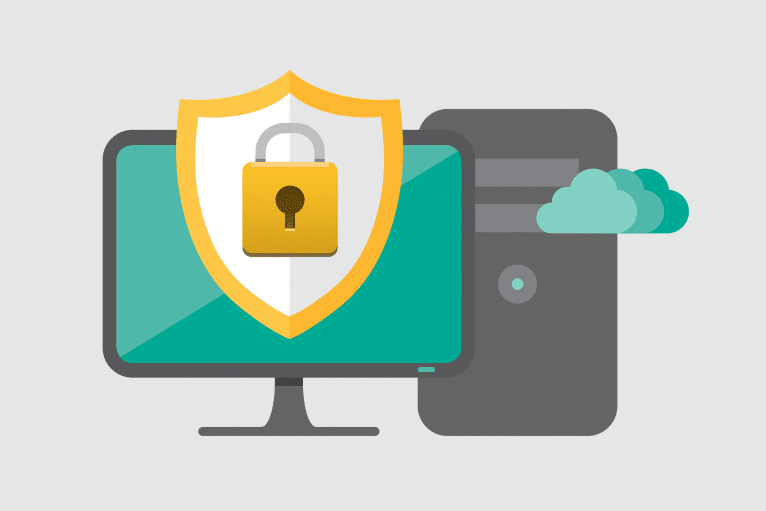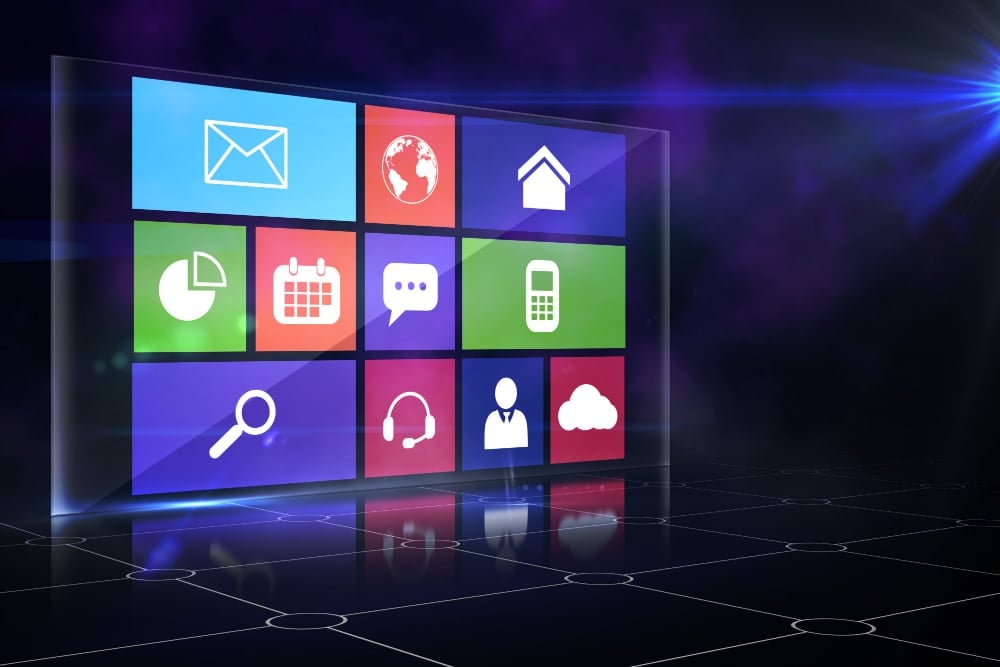Every iPhone, iPad and iPod Touch runs on the elegant operating system named iOS. Apple developed this operating system in 2007 to create mobile devices which combine performance excellence with security strength and recognizable design elements. The operating system continues to be a leading technological force in February 2025 with more than one billion devices currently running it.
The Operating System Features a Basic Design Approach
The iOS interface presents a neat organization of icons alongside swipe navigation that makes the system easy to learn from your initial touch. The first iPhone launched as the initial product that introduced touchscreen interfaces to replace traditional physical buttons. The system maintains its basic design approach which delivers effortless usage for users who want to message, take photos or browse applications. The minimalistic approach of iOS creates an interface which both looks pleasant and remains easy to handle.
Security That Locks Out Trouble
Security plays an essential role in the iOS operating system framework. Apple maintains strict control over device apps by allowing access only through its App Store platform. The exclusive App Store framework leads to minimal malware risks because iOS devices have proven to face 80% fewer security threats according to 2023 research. The App Store checks each app for quality before release while features such as Face ID and encrypted backups enhance your device security. The system functions as a protective barrier which maintains your authority over the device.
Speed That Spans Generations
One of iOS’s tricks? It’s custom-made for Apple’s hardware. Since the 2015 launch of the iPhone 6S until the latest 2025 models iOS operates without any issues. Apple achieves maximum performance by creating an optimized system where its hardware components communicate flawlessly with the operating system. The 2025 release of iOS 18 provides updates to hardware that dates back ten years which represents an exceptional approach to keeping devices current while avoiding product replacement requirements.
Hidden Power for Apps
Behind the scenes, iOS hands developers some serious tools. Core Animation functions as the system which enables apps to deliver their smooth transitions. ARKit enables your mobile device to function as an augmented reality wizard that enables furniture previewing and wild gaming experiences. Games like Genshin Impact achieve their beautiful graphics with Metal which operates without depleting your device battery power. The APIs (application programming interfaces) serve as tools which enable your device to perform functions that you can sense even though you may not always recognize them.
Rare Facts You Didn’t Know
The initial version of iOS which was known as iPhone OS at the time did not enable third-party app installation until Apple introduced support for them in iOS 2. The code base of iOS originates from macOS and extends back to UNIX from the 1970s. The original codebase from the 1970s continues to operate beneath iOS to provide exceptional stability to the operating system. In 2025 iOS stands out as one of the rare operating systems which enables remote device wiping through iCloud thus protecting user privacy.
Evolution Through the Years
The iOS operating system has experienced rapid growth since its first appearance in 2007. The first versions of iOS operated without copy-paste functionality until 2009 and without multitasking until 2010. The future iOS 18 release in 2025 introduces widgets while delivering enhanced privacy dashboards and Focus modes that help users block interruptions. Each new iOS version adds more features while preserving the original user experience so users feel comfortable with familiar interfaces throughout the updates.
Why iOS Keeps Winning Fans
Millions of users select iOS because it provides reliable performance alongside smooth user interfaces. The advantage Android has in endless customization does not outweigh the refined user experience that iOS delivers from beginning to end. Your iPhone stays out of the junk pile for a long time because of its extended support life while its seamless integration with AirPods, Apple Watch and Macs creates a single connected environment. Yet, it’s not perfect. The platform’s restrictions to Apple’s ecosystem force users to stay inside its walls while certain interface features lag behind competition.
iOS in 2025 and Beyond
As of now, iOS holds strong. The latest iOS 18 update enhances privacy features by enabling users to prevent tracking across the web by apps. The operating system maintains its lightweight status while consuming fewer resources than other heavier systems. The system provides both simplicity and power to users at a level that makes it hard for competitors to match.
Pros
- Clean, beginner-friendly design
- Top-notch security with fewer risks
- Smooth speed on old and new devices
- Powerful tools for app developers
- Long updates keep gear alive
Cons
- Limited customization options
- Stuck in Apple’s ecosystem



